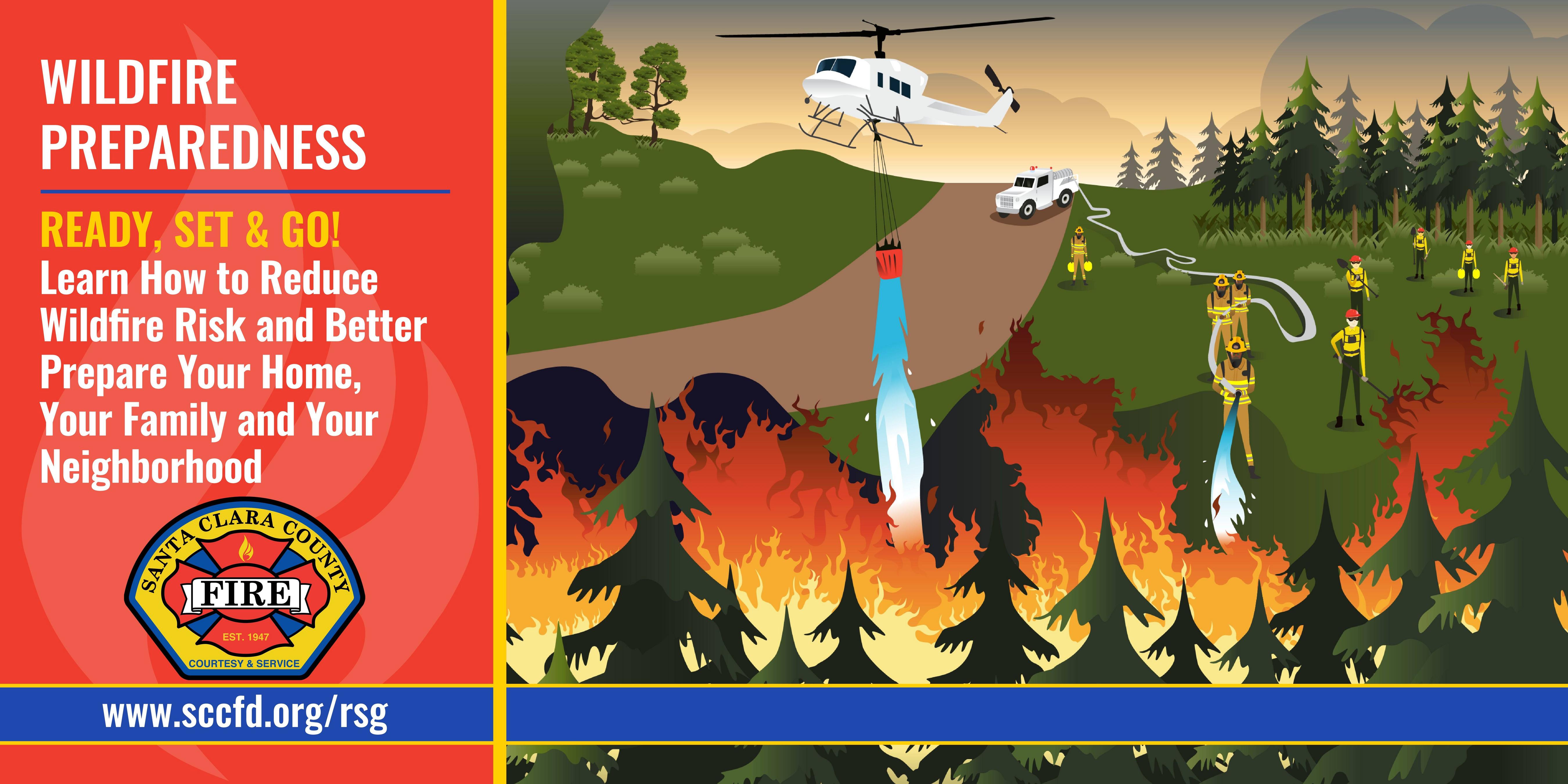
Are you dehydrated by eating snow?
When kids are outside on a fresh snowfall, they often stick their tongues out to catch falling flakes of snow and scoop them into their mouth. It's a fun way to keep warm and it can also be a source of nutrients, but there are some things that you need to know before you grab a snowball to eat.
It's hard enough being stranded at the end of winter, without having to deal also with dehydration. People wonder if eating snow is okay in survival situations.
There are many reasons that this may be the case, but one of them is that snow can make you more dehydrated than you think. You can even get hypothermia from it if it doesn't provide enough fluids.
Because snow doesn't have water-like properties, eating it can lead to dehydration. This means that the water you ingest can't be absorbed rapidly enough to rehydrate your body.

If you need to stay hydrated while living in the cold, then it is better to drink other fluids such as Gatorade and lemonade powder. These are all good alternatives for rehydration in the cold and they'll also help to keep your temperature stable as you stay active.
What if you find yourself stranded in the forest and have no other options to rehydrate your body?
It is important to first consider whether you have enough food. If you do not have food, it is possible to make a meal in snow. This is an easy way to stay hydrated while still being able to survive the cold.
You should also be sure to boil any melted snow that you eat before drinking it, since it's likely to have bacteria or other microorganisms in it that can make you sick. To get rid any contaminants, melt snow can be strained with a cloth.
It is possible that snow may not be clean. This is especially true if you live in an urban setting or near factories.

McGill University's recent study found that snow is unsafe to eat in areas with high levels of air pollution. It is important to avoid putting snow into the mouths of your children and your family members if you live near these areas.
Snow in the woods or other rural areas with fewer cars and less pollution is not something you need to be concerned about. Be sure to only eat white snow.
FAQ
What is the average time it takes to get help after getting lost?
This depends upon several factors.
-
Where are you?
-
What kind of terrain you're in
-
Whether you have cell phone reception
-
Whether someone has seen you
-
No matter if you're hurt
-
How dehydrated you are
-
No matter if you've been drinking water.
-
How recently have you eaten?
-
It doesn't matter if you are wearing the right clothing
-
You can carry a map or your compass.
-
How familiar are you with the area
-
How many years have passed since you lost your keys?
-
How much time you spent looking for help
-
What is the average time it takes for people to notice what you are missing?
-
You are amazed at how fast they find you and start searching for you
-
How many rescuers are you able to attract?
-
How many rescues have you received?
What is the best survival tip you have?
You can survive by staying calm. If you panic, you can make mistakes and even die.
What do you do in a survival situation?
There is no time to think about the next thing to say. So you need to make sure you are prepared for anything. Prepare for any unexpected situation by knowing how to respond.
You should also be prepared to think outside the box if you're in a difficult situation.
If you are in a survival situation, you will likely encounter problems such:
-
You feel trapped in remote locations
-
Getting lost
-
Limited food supply
-
Running out of water
-
Facing hostile people
-
Wild animals:
-
Finding shelter
-
Predators must be stopped
-
Setting fire to
-
Making use of tools
-
Building shelters
-
Hunting
-
* Fishing
Statistics
- Not only does it kill up to 99.9% of all waterborne bacteria and parasites, but it will filter up to 1,000 liters of water without the use of chemicals. (hiconsumption.com)
- Without one, your head and neck can radiate up to 40 percent of your body heat. (dec.ny.gov)
- In November of 1755, an earthquake with an estimated magnitude of 6.0 and a maximum intensity of VIII occurred about 50 miles northeast of Boston, Massachusetts. (usgs.gov)
- The Dyrt PRO gives 40% campground discounts across the country (thedyrt.com)
External Links
How To
How to Dress a Wound?
It takes a lot time to learn how you can treat a wound. You need to be familiar with basic information such as anatomy, medical instruments, and physiology. In order to properly treat a wound, you must have sufficient experience. These steps will help you dress a wound.
-
Make sure to clean the wound well. Make sure the wound does not contain dirt and foreign objects. After cleaning the wound, put gauze around it. Be sure to clean your hands after you have cleaned the wound.
-
Press down. Do not forget to place two fingers on the wound's edge. Use your fingertips to press down gently, but firmly. This helps to stop bleeding.
-
The wound should be properly covered. Sterile bandage material must be applied to the wound. There are several options available for sterile bandages: nonwoven material, surgical tape, adhesive strips and cotton. Keep applying pressure until the wound heals completely.
-
After treatment, continue to monitor the wound. You should be looking out for signs of infection such as redness, swelling and pus. These signs are indicators that the wound may have become infected. Call your doctor immediately.
-
The bandage should be removed regularly. Every day, or when there are signs of infection, change the bandage.
-
Use warm water and soap to clean the area. Follow the instructions. Do not use alcohol. It may dry out the wound.
-
Do not scratch the wound. The wound can bleed again by being scratched.
-
Take care when you are bathing. The risk of contracting an infection by bathing is higher.
-
Make sure to take good care of the wound. As you recover from surgery your body temperature will go up. High temperatures could lead to complications. Keep the wound clean and dry.
-
If necessary, seek medical assistance. If you feel uncomfortable, call 911 or go to the nearest emergency room.